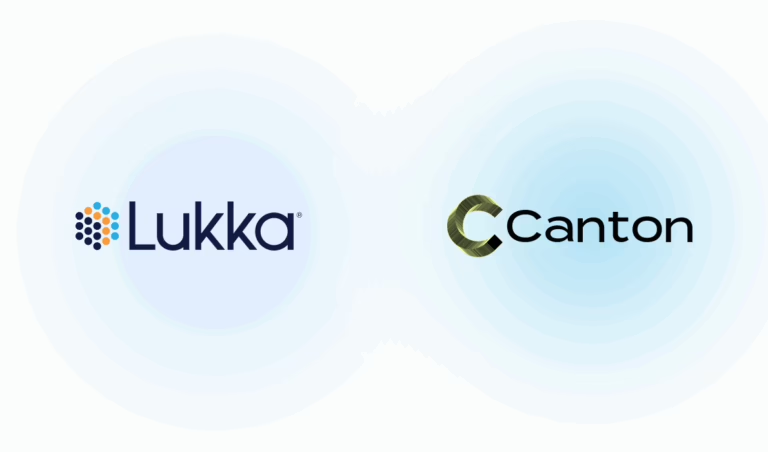Updated April 2022
Author: James McDonald, Product Manager in Data and Analytics
A few weeks ago, after communicating that I would be pivoting my career into the digital assets space and focusing on data, a long-time friend asked me, “Oh, you mean working with cryptocurrencies and helping people manage their Bitcoin?” I paused and then explained that there is more to the digital assets markets than Bitcoin, and the deeper you go, the more interesting it becomes. However, the question stuck with me. I realized that my friend was not the only one with a narrow view of digital assets. The absence of a formal classification structure creates a barrier for new digital assets investors to understand the market segments beyond Bitcoin and Ethereum.
Three years ago, my friend would have been right. Cryptocurrency investing was generally thought of as buying Bitcoin or Ethereum, and maybe Litecoin. Today that could mean anything – buying an NFT, discovering new ways to borrow, lend, and trade via Defi protocols, or purchasing virtual real estate in Decentraland to make money renting the space out. This evolution is why investors and market participants are shifting their nomenclature from “cryptocurrencies” to “digital assets,” as the latter more accurately defines the emergence of a new asset class that extends beyond the original payment/currency-focused use cases.
But How Diverse is the Digital Asset Ecosystem?
While Bitcoin remains the dominant asset by market cap, the dominant sector for the top 50 assets is smart contract platforms (sometimes also called “Layer-1s”). Digital assets investors who have a higher risk appetite may use this information to begin researching other emerging smart contract platforms that are not in the top 50 and create an investment thesis derived from a comparables analysis. This is not that dissimilar from how an equity manager may form an opinion on a specific asset that may outperform its sector, leading the manager to make an active asset allocation to that asset (as compared to a benchmark). Similar to equities, an active asset allocation decision as outlined above would not be possible without first categorizing the universe of digital assets via a standardized sector classification system.
Why it matters:
The benefits of adopting a sector classification share one underlying similarity: they push forward the maturation of the digital assets asset class.
Traditional market participants are beginning to see that digital assets are not confined to a single-use case, such as general payment, but are more accurately represented as a new asset class that is disrupting many legacy business verticals.
Standardized classification systems are a natural part of the growth of any new asset class – they can lead to new products new allocation methodologies and pave the way for increased adoption and legitimacy.
Sectoring digital assets will introduce many new capabilities within the digital assets markets and open the doors to a new era of legitimacy and acceptance from the traditional financial world.
Now that we have established there is more to digital assets than Bitcoin and Ethereum, stay tuned for our second piece outlining what a standardized classification system means for the emerging digital assets asset class.
Lukka’s Capabilities
Lukka is a firm that helps solve some of the greatest financial challenges in crypto and has the intellectual resources, along with the data and processing capabilities, to test hypothetical scenarios like the one here. For more information on how Lukka puts data to work across multiple finance sectors, traditional and decentralized, supporting industries from insurance to Formula E, visit our website today.
DISCLAIMER
THE INFORMATION CONTAINED IN THIS BULLETIN PROVIDES ONLY A GENERAL OVERVIEW OF CURRENT ISSUES RELATED TO DEBT FINANCING IN CRYPTOCURRENCY MARKETS AND SHALL IN NO EVENT BE CONSTRUED AS THE RENDERING BY LUKKA OF PROFESSIONAL ADVICE OR SERVICES. AS SUCH, THE INFORMATION PROVIDED IN THIS BULLETIN SHOULD NOT BE USED BY YOU AS A SUBSTITUTE FOR CONSULTATION WITH PROFESSIONAL ADVISORS. BEFORE MAKING ANY DECISION OR TAKING ANY ACTION REGARDING YOUR DIGITAL CURRENCIES OR THE DEBT TREATMENT THEREOF, YOU SHOULD ALWAYS CONSULT WITH AN APPROPRIATE FINANCIAL, LICENSED TAX, ACCOUNTING, OR OTHER PROFESSIONAL. TO THE FULLEST EXTENT PERMITTED BY LAW, IN NO EVENT WILL LUKKA(INCLUDING ITS RELATED ENTITIES, OWNERS, AGENTS, DIRECTORS, OFFICERS, ADVISORS, OR EMPLOYEES) BE LIABLE TO ANY READER OF THIS BULLETIN OR ANYONE ELSE FOR ANY DIRECT, INDIRECT, OR CONSEQUENTIAL LOSS OR LOSS OF PROFIT ARISING FROM THE USE OF THIS BULLETIN, ITS CONTENTS, ITS OMISSIONS, RELIANCE ON THE INFORMATION CONTAINED WITHIN IT, OR ON OPINIONS COMMUNICATED IN RELATION THERETO OR OTHERWISE ARISING IN CONNECTION THEREWITH.



